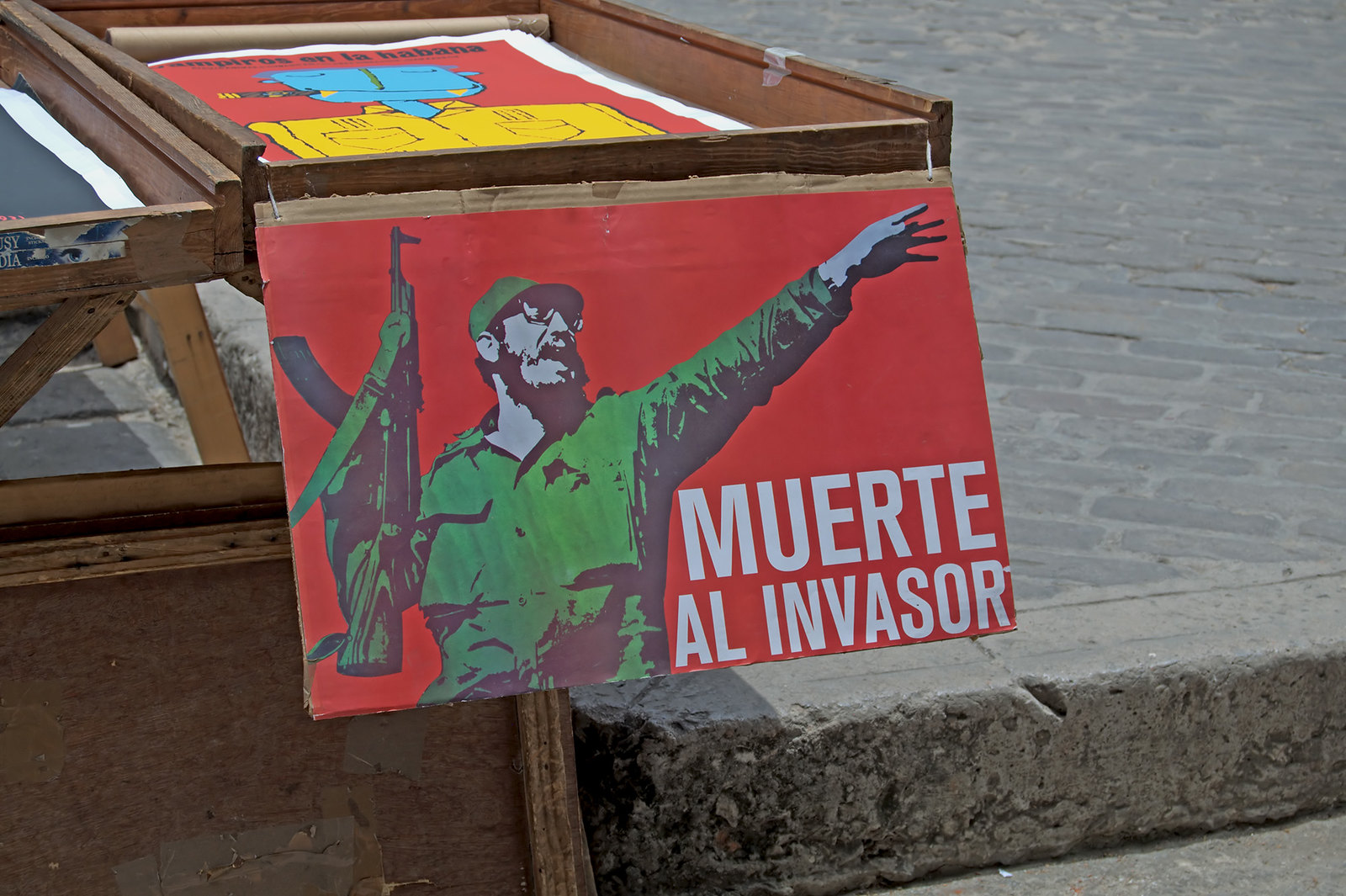
As an intellectual school of thought and a political movement, socialism is organized around the notion of equality. It presupposes interpreting inequality, not as a pre-political phenomenon but, on the contrary, the result of specific class relations, i.e., property, and legal, political, and ideological institutions that reproduce them over time.
Socialist thought addresses its criticism to the liberal state, the guarantor of a social order based on equality of constitutional rights along with material inequality or private property. Thus, adherents of socialist ideology view democracy as a bourgeois system under capitalism because electoral politics does not modify these property relations.
In other words, the proletarian masses could not vote for the socialization of the means of production if they so preferred. Hence, for Marxist thought, democracy with capitalism was a contradictory and, as a result, unsustainable formula. Voting was meaningless, and the revolutionary strategy and the construction of the one-party regime were the only solutions. Thus, under state socialism, the dictatorship of the party acts in the name of the dictatorship of the proletariat.
The Marxist conception of democracy changed with the political commitment of democratic socialism, a phenomenon that emerged at the beginning of the 20th century and represented a real Copernican revolution.
It proposed that a combination of competitive democracy and welfare state within the system of private property best represents the workers’ interests.
Now, voting made sense, and participation was not only rational but also necessary.
It was the triumph of the reformist strategy within the socialist debate: the certainty that the demands of the workers would be fulfilled within capitalist democracy. This is how the so-called “Nordic model” works in societies with the highest social equity and maximum individual freedom on the planet.
The Eurocommunism of the 1970s reinforced this trend. The rupture of French, Spanish, and Italian communism with Moscow was a watershed moment that confirmed the infeasibility of Stalinism. The Perestroika and Glasnost of the 1980s would prove them right. The fall of the Berlin Wall, meanwhile, buried the party-state under its own rubble.
It is noteworthy that no comparable cognitive revolution happened with the left in Latin America, thus affecting the health and stability of democracy. It is that left that did not recognize democratic socialism, and its opening up was short-lived and superficial.
Fidel Castro, who has been seen as a Sherezada of the continent, defined the identity of the left and captured it intellectually. He was the narrator of stories, the author of tales within tales, like the One Thousand and One Nights. He is also the one who gave meaning to the term “being on the left”, an unfortunate narrative of hemispherical relations based on the ad nauseam repetition of legends. It was prose organized around an epic piece of fiction, a new protagonist, endlessly recreated through myths: the blockade instead of the embargo, state socialism health and education; all these were the supposed models. The story was a broken record with no substance.
But it was brief. Chavez ensured the longevity of the “historic generation.” After the failed coup of 2002, Venezuela moved closer to Cuba. The year 2004 marked the creation of ALBA, Petrocaribe was founded in 2005 and CELAC in 2011. Chavismo’s foreign policy opened the door for the reentry of Cuban influence in Latin America.
Moreover, with that, the possibility of building a democratic left was diluted. There is always talk of the populist threat to democratic institutions, a real but exaggerated problem. Note the three most significant populist experiences in Latin American history. In the 1990s, the PRI faced electoral competition. It knew when, and how, to give up power to continue to exist. Getulio Vargas arranged his departure by forming two parties that survived him: the PSD and the PTB. Until the arrival of the Kirchners, Peronism resolved the crisis of the death of its founder by creating “a normal political party” to win and lose elections, which happened on several occasions.
In other words, original populism solved the problem of succession through alternation. It is the left that adopted the Leninist principles of a single party, without alternation and with a Stalinist exercise of power. Chavismo illustrates this well. Once perhaps populist, today without a rule of succession has perished as a political identity in this Stalinist mutation, converted into a Cuban protectorate under a state captured by a criminal conglomerate.
The construction of democracy in Latin America has come to a standstill. Earlier, the military dictatorships hampered peace. Today, it is a left which is entangled with Havana.
Politics is unproductive when the leading political actors want all power for themselves, all the time. For only in a liberal democracy is it conceivable to address the right to private property simultaneously, to unrestricted political participation, and social justice, that is, equality.
The Latin American left surely needs to produce a revolution but a cognitive revolution.
 Versión Español
Versión Español













